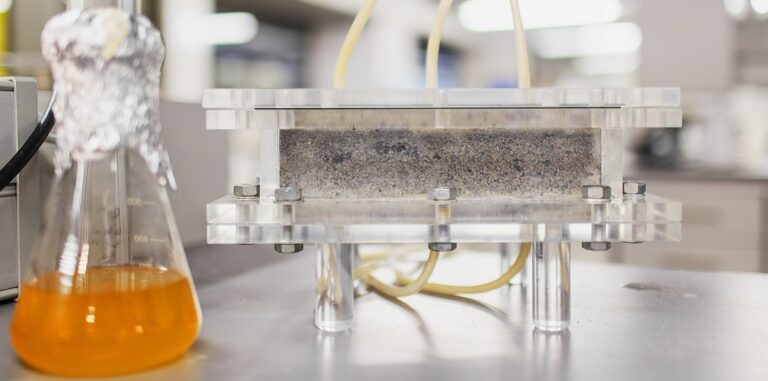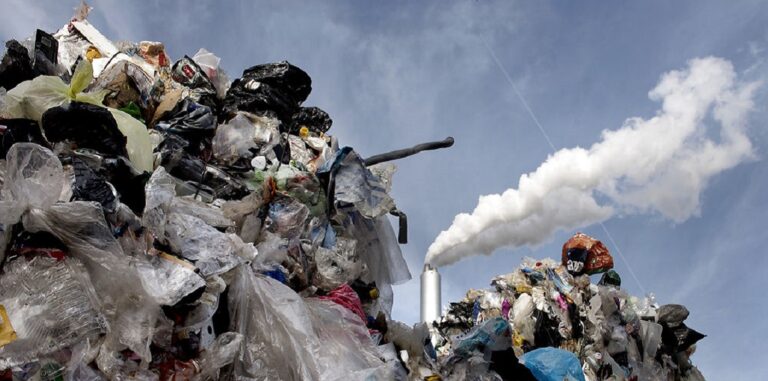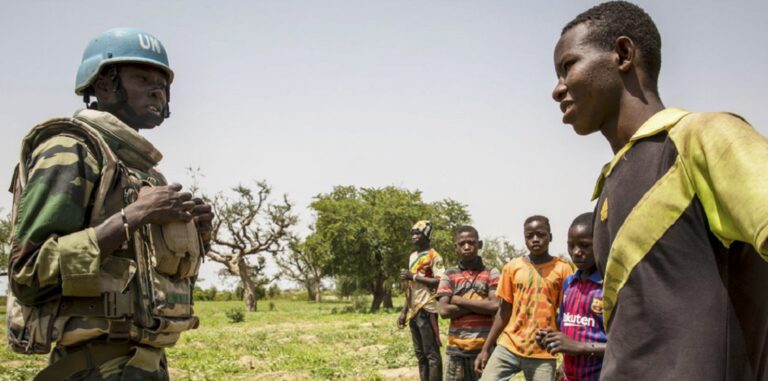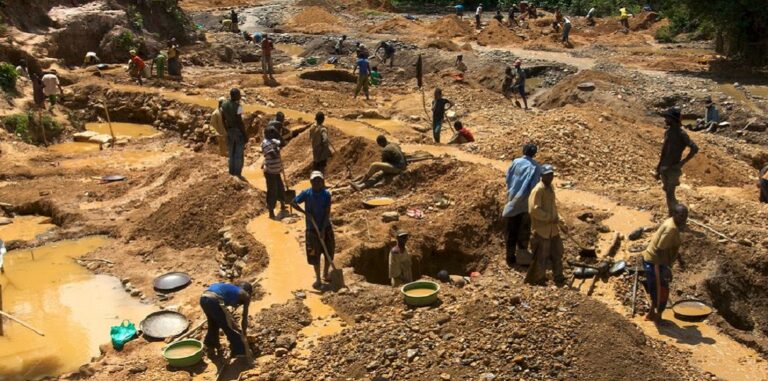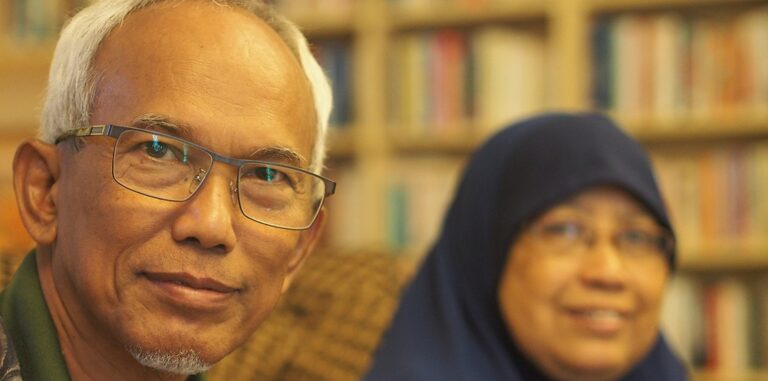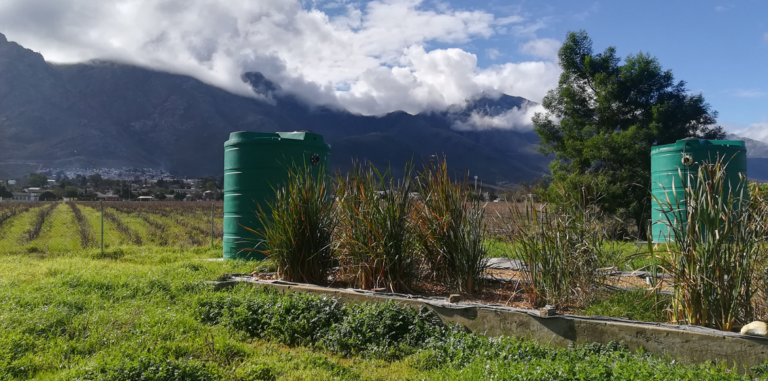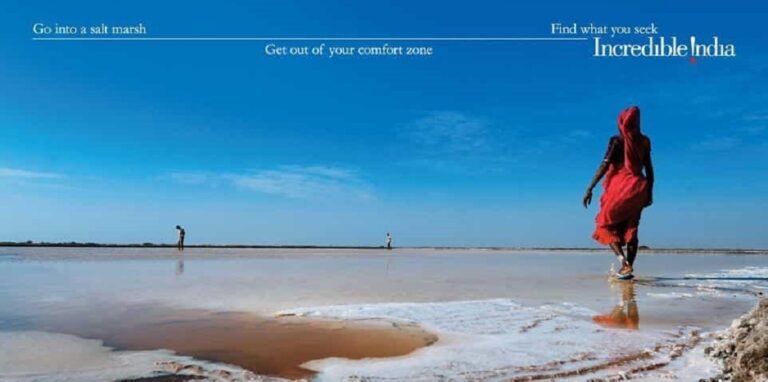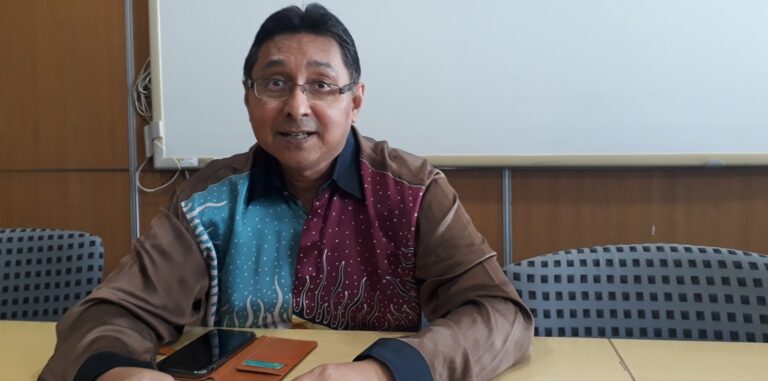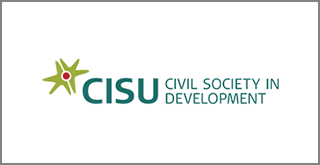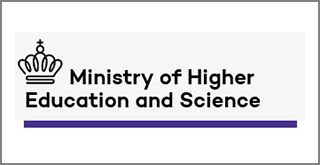Latest posts
No such thing as waste: resource recovery and shifting perceptions
‘Out of sight, out of mind’ is a well-known expression, but one with pernicious effects in the context of waste. We’ve always done things a certain way. Things are made, used, and thrown away. But where do all these thrown-away things go? What do they become? What could they become? Our linear way of thinking and behaving is being increasingly criticised as landfills overflow, water supplies dry up, and air becomes unbreathable.
Read More
No such thing as waste: resource recovery and shifting perceptions
‘Out of sight, out of mind’ is a well-known expression, but one with pernicious effects in the context of waste. We’ve always done things a certain way. Things are made, used, and thrown away. But where do all these thrown-away...
Read More
Circular economy: Breaking the plastic waves
This article pertains to my ongoing MSc thesis in Sustainable Biotechnology, in which I am examining the role of bio-based plastics in the transition to a circular economy in Denmark. I am due to complete my Master’s in June 2021....
Read More
New research 2021: How do the young in West Africa navigate streams of information in times of crises?
The Independent Research Fund Denmark - Humanities has granted DKK 1.2 mill. to an international network of researchers, who will explore how young people in West Africa navigate streams of information in crises of security, health, and migration. Project leader: Heidi Bojsen, Department of Communication and Arts, Roskilde University
Read More
New research 2021: Illegal resource extraction and state formation in emerging African democracies
The Independent Research Fund Denmark – Social Sciences has granted DKK 2,7 mill. to Postdoc Paul Austin Stacey, Department of Social Sciences and Business, Roskilde University.
Illegally accessed resources comprise an expanding, billion-dollar sector in many sub-Saharan African countries. The new project is focusing on illegal gold mining in Ghana.
Read More
“MUCED should have been more ambitious”, says former MUCED coordinator Randolph S. Jeremiah
In August 2000, MUCED, a consortium of four Malaysian universities, was formed to encourage new interdisciplinary approaches to environmental management. The consortium was part of a project proposed and supported by the DANCED program of the Danish Ministry of Environment and Energy. Randolph S. Jeremiah became the Coordinator in the Secretariat of MUCED. In this interview he points to some of the key experiences. Today, Randolph works as Head of Water Resources at ERE, a Malaysian consultant company.
Read More
Multidisciplinary collaboration to secure the future of water in Cape Town
In 2018, the City of Cape Town declared a city-wide water crisis, which would be punctuated by ‘Day Zero’ – the day the city would run out of water. The drought had been looming for years, and the City of Cape Town had made some management changes, but all rested on the assumption that rain would fall at the same rate as in the past.
Read More
DDRN has two new student interns!
Meet Krishnanunni Mavinkal Ravindran from India and Megan Roux from South Africa
Read More
Ravinder Kaur: From ‘Third World’ to ‘Emerging Market’
To talk about development is to talk about change. And along the notion of change comes the idea of ‘the new’. The notion of development goals for the future world has been around for quite some time. In this article we look at the contemporary notion of change and ‘the new’ in the region generally referred to as the ‘developing world’. This article specifically focuses on the rise of India as a ‘brand new nation, and how we went from talking about ‘developing countries’ or ‘Third World’ countries to ‘Emerging Markets’.
Read More
MUCED: Personal development, educational development at universities and practical environmental development in the Malaysian society
One of the first Malaysian students to benefit from the MUCED programme was professor Suhaimi Abdul Talib. In 2001 he went to Denmark to work on his Ph.D. project Anoxic transformations of wastewater organic matter in sewers – process kinetics, model concept and wastewater treatment potential. During two periods of three months, he had his day-to-day work in the laboratories of Institute of Environmental Engineering at Aalborg University.
Read More
DDRN UPDATES






























